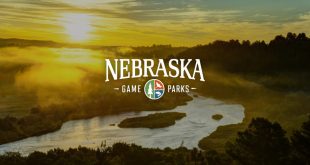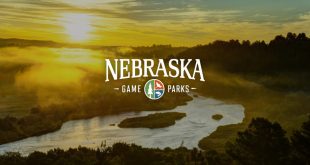LINCOLN, Neb. – Boaters and anglers play a key role in preventing the spread of aquatic invasive species (AIS). The Nebraska Game and Parks Commission reminds recreationists that regulations are now in place to help prevent the spread of these species.
AIS are defined as any waterborne, non-native organism that threatens the diversity or abundance of native species, the ecological stability of impacted waters, or threatens a commercial, agricultural, aquacultural or recreational activity.
It is now unlawful:
— for a boat that has been on a body of water to leave a launch area with water remaining in any compartment, equipment or a permanently attached container that may hold water. Baitfish containers are allowed but anglers are encouraged not to transport water from one waterbody to another. The boat livewell must be drained at the launch area, so anglers are encouraged to bring a cooler with ice to transport their catch to the cleaning station or home.
— to possess, import, export, purchase, sell, transport or release any AIS into Nebraska waters.
— to fail or refuse to submit to an inspection of a boat upon the request of an authorized inspector, conservation officer or peace officer.
— to refuse to permit or prevent proper decontamination of a boat.
— to leave a launch area with aquatic vegetation from the body of water still attached.
— to use felt-sole boots or waders in Nebraska waters.
The new aquatic invasive species regulations may be found in Section 12 of the fisheries regulations: http://www.sos.ne.gov/rules-and-regs/regsearch/Rules/Game_and_Parks_Commission/Title-163/Chapter-2.pdf.
Boaters on major Nebraska reservoirs likely will be contacted by seasonal employees who will conduct interviews and boat inspections. Education and compliance by all boaters and anglers are a must.
Boaters who clean, drain and dry their boats following each use will lessen the chance that AIS will get spread to other bodies of water. In addition, anglers should clean their waders of dirt, sand, mud and vegetation following each use.
For more information on the individual species, visit: http://snr.unl.edu/invasives/pdfs/Field%20Guides/AIS%20FIELD%20GUIDE%202013%20Final.pdf.
 Nebraskaland Magazine
Nebraskaland Magazine

